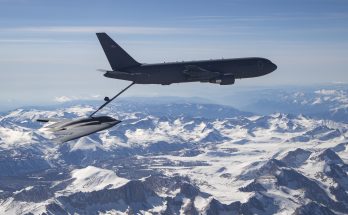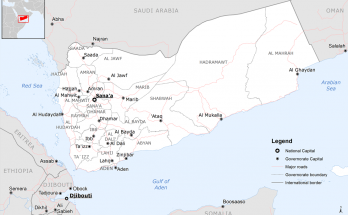
The Iranian government attempted to buy the S-400 surface-to-air missile system, but was rebuffed, according to a report.
On May 30, Bloomberg reported that Tehran had made a request to procure the S-400 from Russia, according to two individuals knowledgeable of the matter – one of whom is a senior Russian official. Russian President Vladimir Putin rejected the request, however, over concerns that such a sale would add to tensions in the region.
Though under an international arms embargo until at least next year, Iran is still legally able to procure surface-to-air missiles, as these are exempted from the ban.
The report did not specify when exactly the request was made, but noted that Iranian Foreign Minister Mohammad Javad Zarif had visited Russia earlier in May. In a statement on that visit, Russia’s Foreign Ministry had noted that the sides would discuss a range of global and regional issues, “as well as concrete steps to further develop cooperation” between the two countries.
Russian Press Secretary Dmitry Peskov denied the Bloomberg report, saying that dialogue had not been held on an S-400 deal with Iran. Iran’s Islamic Republic News Agency carried Peskov’s denial in a news article that also referenced the Iranian Ambassador to Russia, Mehdi Sanaei, as saying that Iran was not interested in the S-400.
In 2015, Russia lifted its unilateral hold on the sale of S-300 missiles to Iran, later resuming a deal that had been frozen for five years. Iran took delivery of a number of S-300PMU-2 batteries under that agreement. The country has also sought to develop its own, local version of the system, called the Bavar 373.
The alleged request for the S-400, however, would, if confirmed, indicate Iranian anxiety about the ability of Iran’s air defense network to adequately defend Iranian airspace. Recently, tensions have grown between the U.S. and Iran as the U.S. seeks to tighten sanctions on the country and as Iran indicates that it will relax compliance with the 2015 nuclear accord struck with world powers. The U.S. left that agreement in May 2018.
Washington has deployed new military equipment to the Middle East amid the standoff with Iran, and American officials have blamed Iran for tanker attacks off the coast of the UAE as well as drone attacks on infrastructure in Saudi Arabia.
Military markets analyst, covering Eurasia, Middle East, and Africa.




